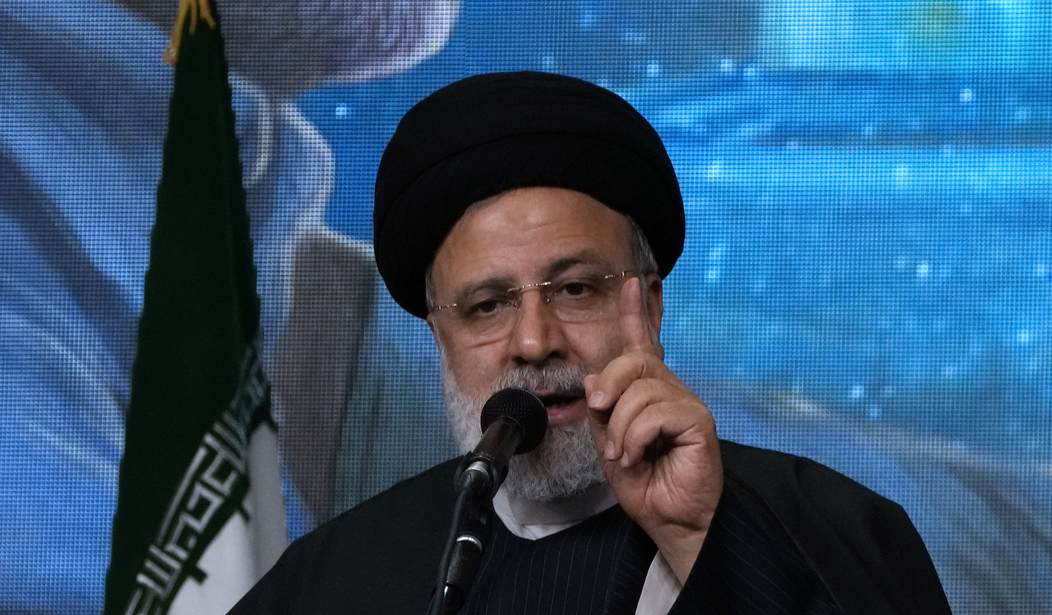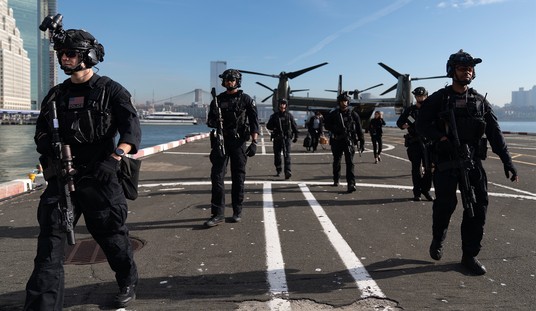Article 1 of the United Nations Charter states that a core purpose of the institution is to “achieve international co-operation… in promoting and encouraging respect for human rights and for fundamental freedoms.” However, in a shameful and appalling gesture, the UN is planning an internal ceremony on Thursday, May 30, that contradicts the very core mission established in the aforementioned provision.
After observing a moment of silence and lowering its flag to half-mast “as a mark of respect for the passing of His Excellency Mr. Seyyed Ebrahim Raisi, President of the Islamic Republic of Iran,” the UN now plans to hold a full-fledged memorial service for a man known to countless Iranians as “the butcher of Tehran.”
Let us remember that in 1988, the then-Supreme Leader Ruhollah Khomeini issued a fatwa declaring that opposition to the theocratic system constituted “enmity against God,” punishable by death. At the time, Ebrahim Raisi, serving as Deputy Tehran Prosecutor, was appointed to the “death commission” tasked with enforcing this fatwa in Evin and Gohardasht Prisons. Along with three colleagues, he systematically interrogated political prisoners, particularly those affiliated with the People’s Mojahedin Organization of Iran (PMOI/MEK) and issued execution orders in as little as one minute.
Survivors of the ensuing massacre have testified that Raisi assumed the leading role in those proceedings, sometimes even overriding fellow judges to impose death sentences when they would have otherwise allowed the prisoner to go free after completion of his or her previously assigned prison term. In this sense, the late Iranian president may have been personally responsible for the largest number of executions ordered by the death commission overseeing the largest population of political prisoners.
All in all, the 1988 massacre is believed to have claimed around 30,000 lives in the span of three months. Many of those who participated in the killings continued to defend it long afterward and were handsomely rewarded by the regime. Raisi himself described the mass executions as “one of the proud achievements” of the government at the time and was ultimately rewarded with his ascension to the presidency, stage-managed by Supreme Leader Ali Khamenei, who was widely believed to have been grooming Raisi to succeed him as the country’s ultimate theocratic authority.
Recommended
Khamenei first appointed Raisi as head of the judiciary in 2019, thus putting him in the position to claim a leading role in the crackdown on dissent that followed the spontaneous outbreak of nationwide protests in November of that year. At least 1,500 protesters were killed as part of that crackdown, and Raisi’s reputation for butchery was reinforced in the public consciousness. This only seemed to clear the way for his presidential campaign in 2021, which remained virtually uncontested after the Guardian Council responded to Khamenei’s endorsement by excluding all other viable candidates.
That endorsement lent support to the notion that Khamenei had become entirely fixated on the suppression of dissent, and that perception was reinforced yet again with the outbreak of the women-led protests in September 2022, following the death of Mahsa Amini at the hands of the “morality police.” More than 750 protesters were killed during that uprising, and 30,000 arrested. Nine of those arrestees are known to have been executed, but in the interest of further intimidating the public, Raisi oversaw a much broader surge in executions for prisoners in various categories.
The Islamic Republic reached an eight-year high of more than 860 executions in 2023, and it was clear that the surge was still ongoing up to the moment of his death, with 126 executions in the preceding month. It is highly likely that this trend will continue in the wake of his death, since the ultimate authority over Tehran’s policies and practices rests with the supreme leader. But Raisi was a very notable instrument of Khamenei’s will, especially where violence against their own people was concerned.
To cooperate in honoring such a man cannot be construed as anything other than collective disrespect for human rights and fundamental freedoms. No member state that respects the UN Charter should participate in a service that memorializes a murderous head of state at the expense of his victims. The democratic nations of the world must boycott the event and impress upon the UN leadership that if they go forward with it, they demonstrate contempt for their own core principles.
The death of Ebrahim Raisi carries with it undisclosed truths about the 1988 Massacre and the numerous executions that followed his tenure in the judiciary and as head of state. The sudden loss of such a pivotal figure in Iran’s autocratic regime eliminates the possibility of seeing him held accountable in a court of law. This event further diminishes the hope for justice among the survivors and the thousands of relatives of the victims from both 1988 and recent years. Going forward with the plan to offer him tribute in the institution that is supposed to advocate for the unrestricted respect for human rights is a mockery to the victims and their relative, and for the objectives of any justice system.
A memorial service at the UN would glorify Raisi’s ultra-hardline presidency while downplaying his extensive history of human rights abuses, including his involvement in the Islamic Republic’s most significant crime against humanity. Instead, the UN should support the long-standing quest for justice, truth and memory of the victims of the 1988 Massacre. Additionally, it should advocate for the current political prisoners and dissidents in Iran, whose lives are at daily risk for exercising their rights to protest and freedom of expression. Death should not equate to impunity.

























Join the conversation as a VIP Member